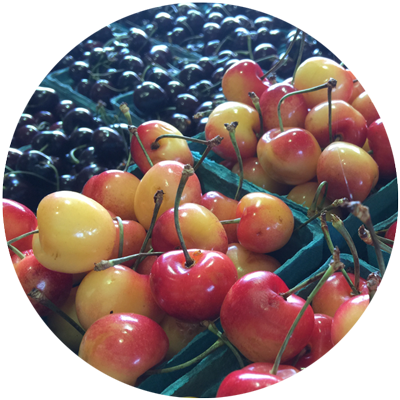Home > Climate News >
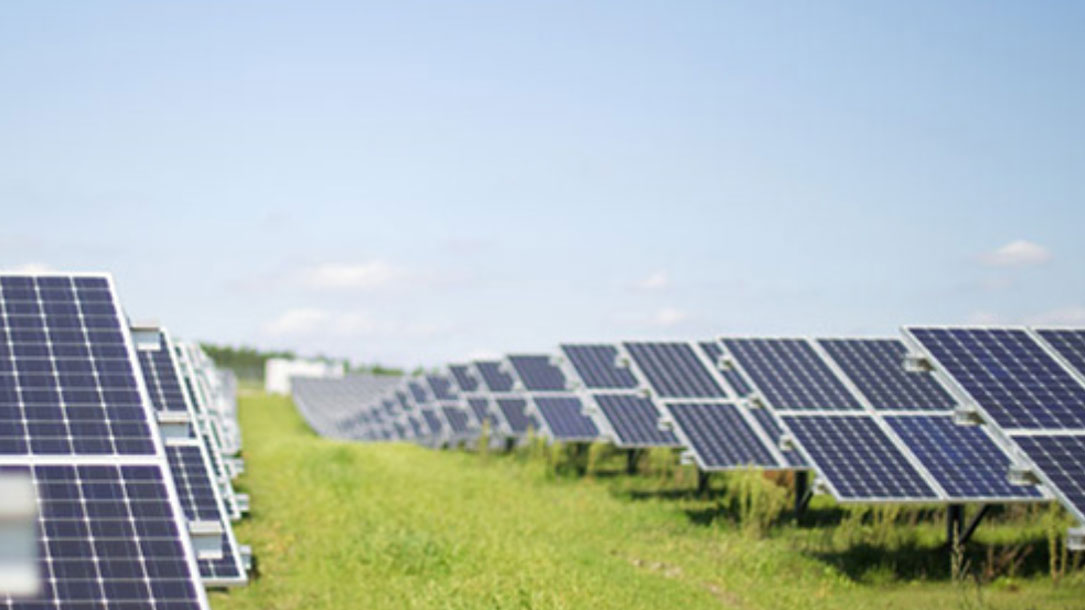
Solar PV power potential is greatest over croplands
“Solar energy has the potential to offset a significant fraction of non-renewable electricity demands globally, yet it may occupy extensive areas when deployed at this level. There is growing concern that large renewable energy installations will displace other land uses. Where should future solar power installations be placed to achieve the highest energy production and best use the limited land resource?…”
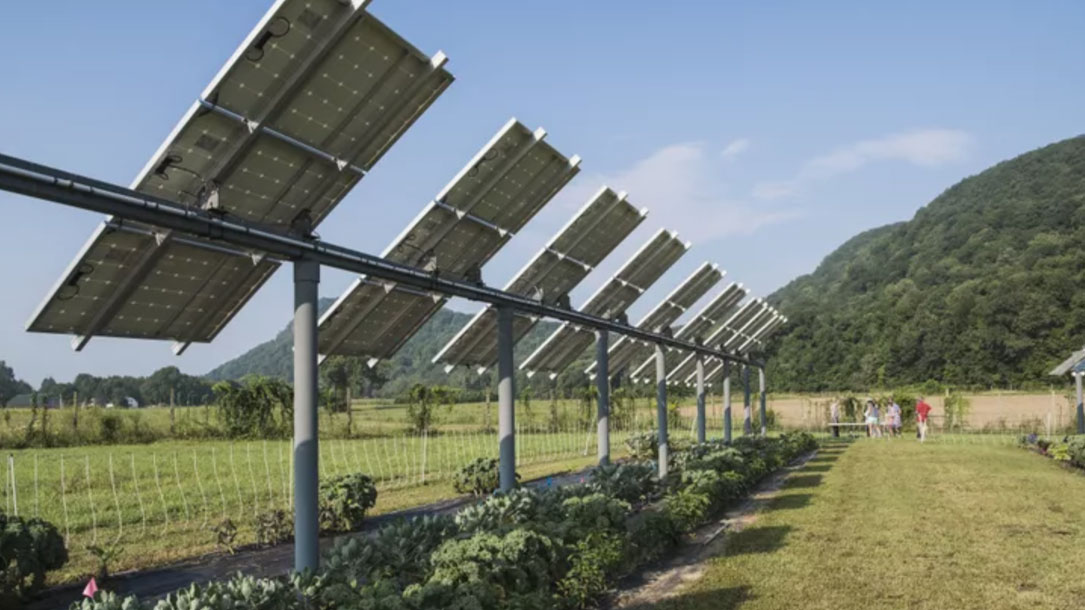
Solar panels pair surprisingly well with tomatoes, peppers, and pollinators
In ‘agrivoltaics,’ crops and solar panels not only share land and sunlight, but also help each other function more efficiently.
Big, utility-scale “solar farms” are one important source of solar power, helping complement smaller, less centralized sources like solar panels on the roofs of buildings. Solar farms take up a lot of space, though—and they thrive in places with many of the same qualities favored by food crops. As one recent study found, the areas with the greatest potential for solar power tend to already be in use as croplands, which makes sense, given the importance of sunlight for both…
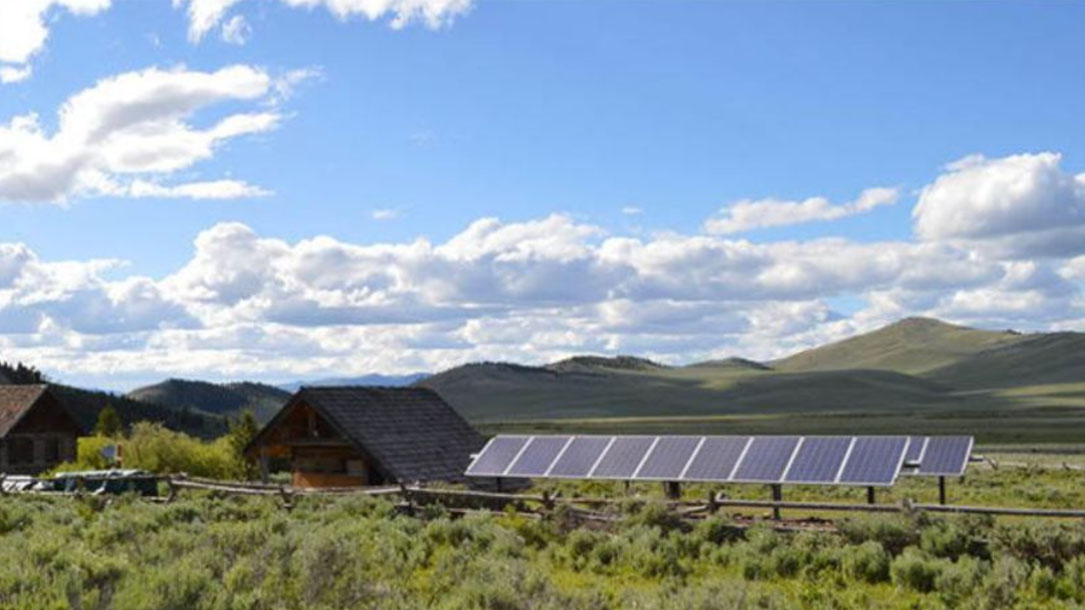
Solar for conservation
“GVLT is proud to have conserved over 45,000 acres across our region. While protecting land from development and fragmentation is the first step, protecting the ecological integrity of our natural resources is equally as important which is why we’re proud to announce a partnership with On Site Energy. What’s the connection between land conservation and solar energy?
Fish need cold, clean water to survive, and rivers need high altitude snow pack to keep them flowing throughout hot summer days. Ranchers and farmers depend on the availability of that water for irrigation, and wildlife depend on the intricate balance of the changing seasons to maintain viable habitats…”
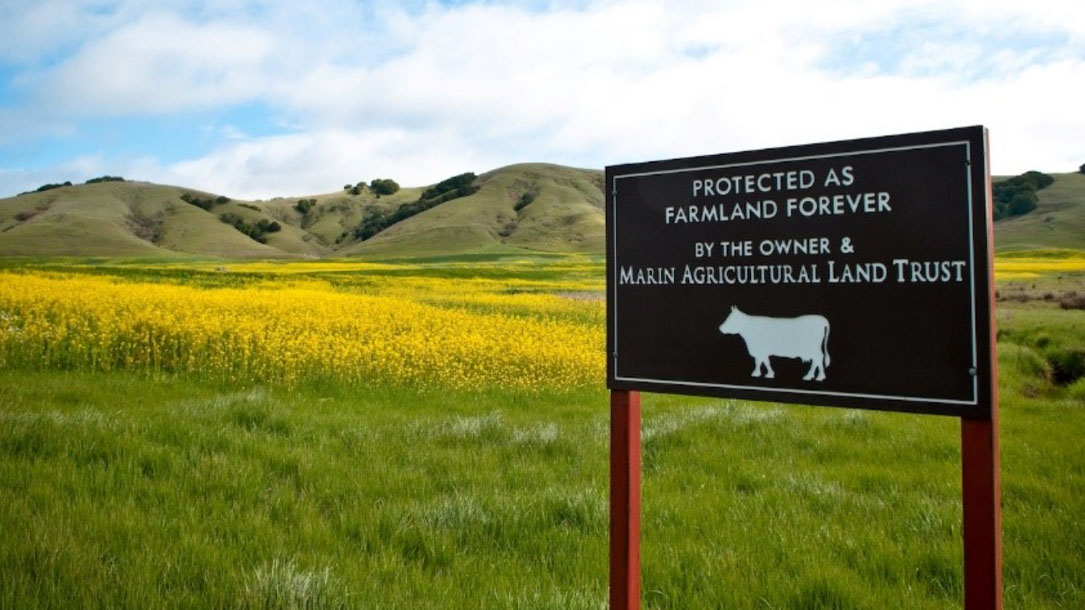
Can California’s protected farmland fight climate change?
“In the past year, the threat of climate change has risen to the forefront of public consciousness. With this growing awareness, many solutions are being offered to avert this crisis—from planting millions of trees to innovating electric car technology to passing state legislation to reduce greenhouse gas (GHG) emissions.
One powerful tool to address climate change is putting in action land use planning policies that preserve working farms and ranches…”
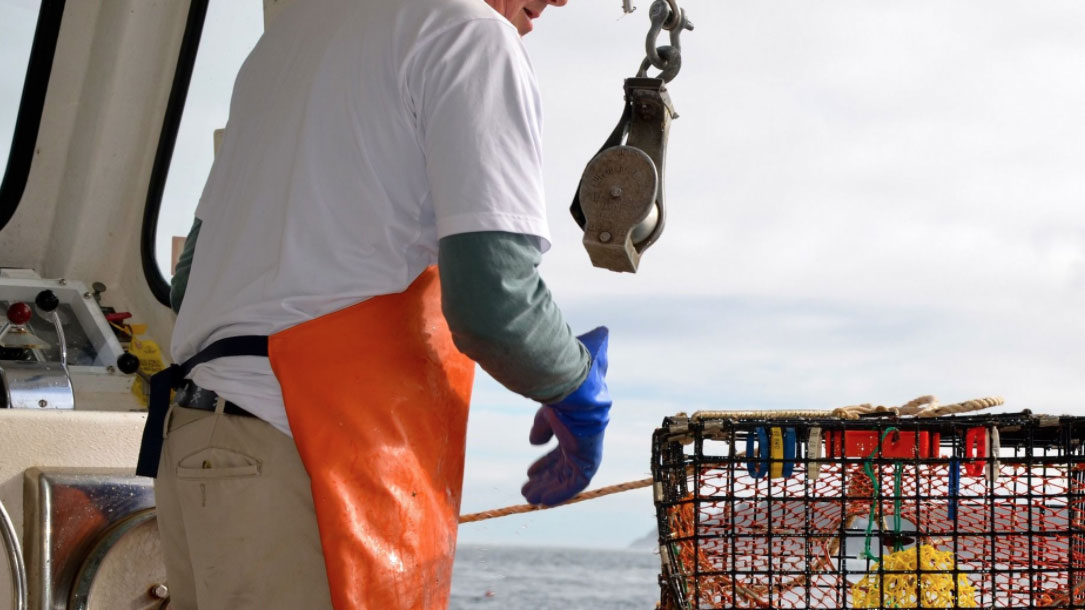
Mysterious Lobster Deaths In Cape Cod Raise Climate Change Concern
Last month, lobstermen in Cape Cod Bay hauled up something disturbing. In one section of the bay, all of their traps were full of dead lobsters. Research biologists went to work trying to solve the mystery, and what they found suggests we may see more of this as the climate changes…
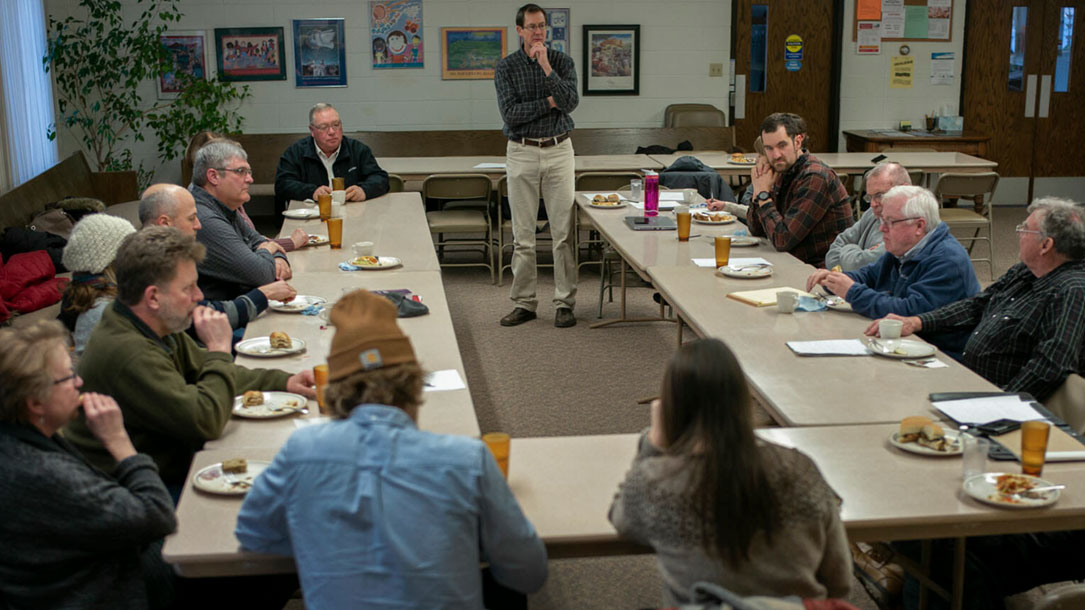
One man is trying to save the world from climate change by mobilizing an unlikely team: Iowa’s farmers
“In early March, just a week before the Midwest was inundated by catastrophic flooding, a dozen farmers gathered at the First Presbyterian Church in Grinnell, Iowa, for an event billed as a conversation about “Faith, Farmers, and Climate Action.” “How is God calling you to use your farm to improve the world?” asked the evening’s facilitator, Matt Russell. “We’ve got this narrowing window of time in which we can act,” he said. “When we think about climate action—are you feeling any call to that?”
Russell directs the Iowa branch of Interfaith Power and Light, a nonprofit that promotes a religious response to global warming. A fifth-generation farmer who runs a livestock operation with his husband in nearby Lacona, Iowa, the 48-year-old nearly became a Catholic priest in his twenties but then got a degree in rural sociology. Now he preaches that America’s farmers—a demographic seen as religious and conservative—are a secret weapon in the climate fight…”

Farmers ‘understand that the climate is changing and we have to adapt’
Fred Yoder, a fourth-generation Ohio farmer, has served on President Trump’s agriculture committee and chairs the North American Climate Smart Agriculture Alliance. He raises corn, soybeans, and wheat on about 1,500 acres, and has a seed and consulting business called Yoder Ag Services. Although the climate conversation is divisive in farm country, more farmers are talking about ways to address the issue.
We reached Yoder, who has been outspoken on climate change, while he was on his tractor. He was planting a cover crop—a crop that is eventually killed off, adding nutrients and organic matter to the soil and sequestering carbon. The following is an edited version of the conversation…
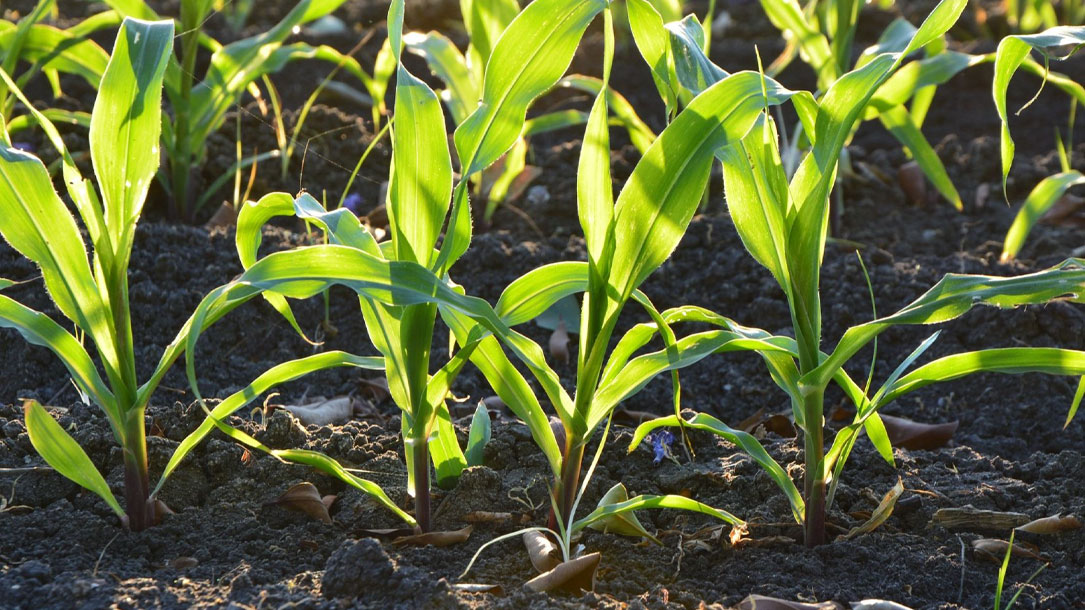
As soils warm, microbes pump more carbon dioxide to the atmosphere
Thomas Crowther is professor of ecosystem ecology at ETH Zurich, a university in Switzerland. “As we warm those soils, those microbes become more active, and that means they release more carbon into the atmosphere,” he says.
He says that makes the climate warmer, which in turn makes the microbes even more active, “which pumps more carbon out of the soil, which warms the planet further, leading to a feedback that can actually really accelerate the rate of climate change…”
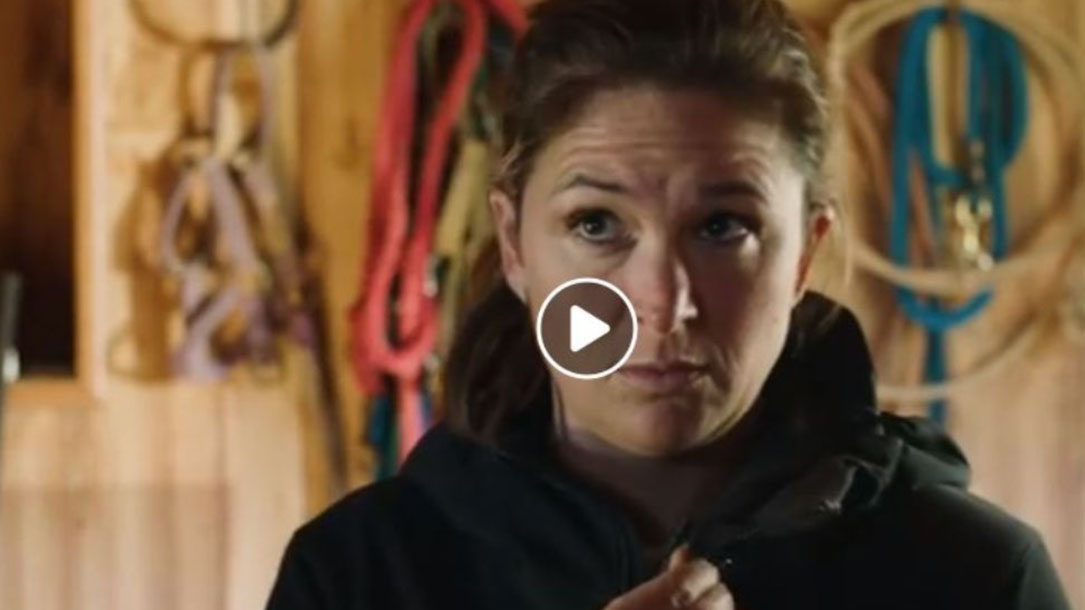
Through the eyes of a young rancher
“Our lands and soil are possibly the most underappreciated resources we have, yet their conservation is vital to humanity. We need to have an important discussion on what can be done to protect the planet through proper land management. This is so much more important than most people realize. Come join the conversation…”
If your land trust works with agriculture, this could be a great video to share—and then connect what you are doing to be part of the conversation, too.
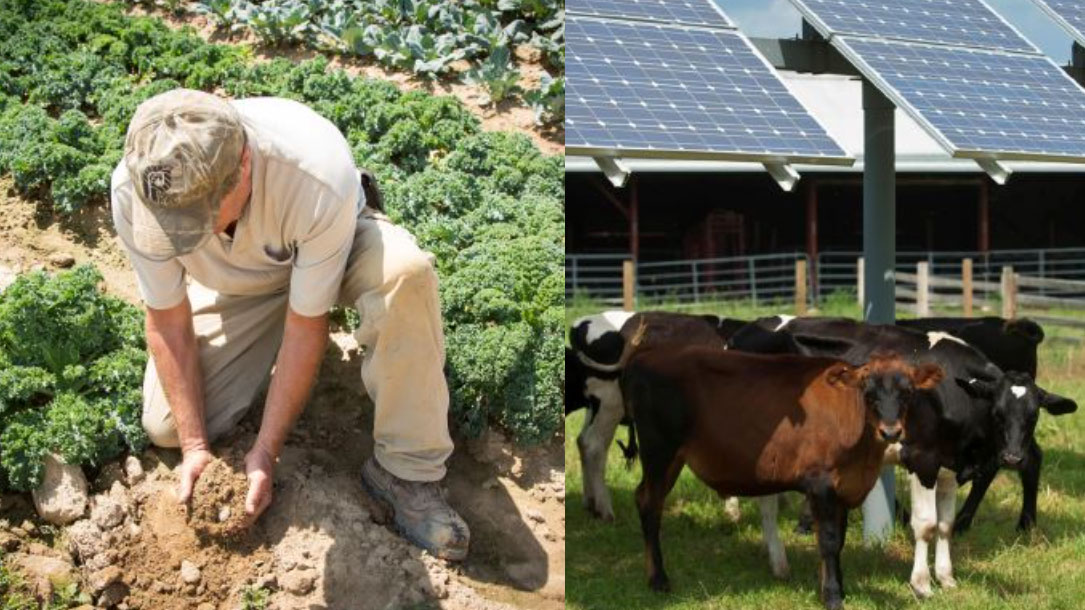
Combating climate change: Solar energy, farming, and the future in New York
American Farmland Trust (An Example of Taking Action)
November 13, 2019
Hotel Indigo, Riverhead, NY
Join farmers, solar experts, public officials, and others to discuss ways to expand renewable energy generation, support farm businesses, and drive action in response to climate change.
Cost: $15 (payable by credit/debit card or eCheck)
Ticket price includes breakfast and lunch. Land use training credits will be offered to local officials. For any questions about the event or registration please contact newyork@farmland.org.



